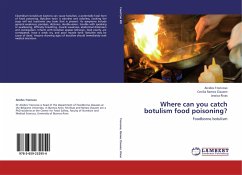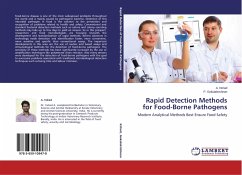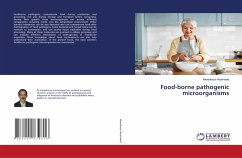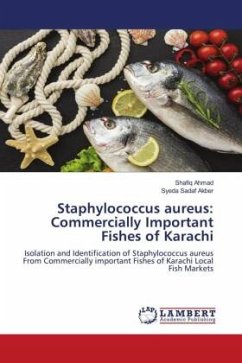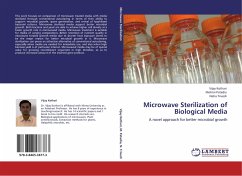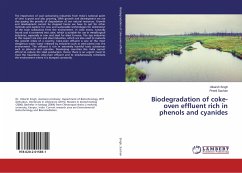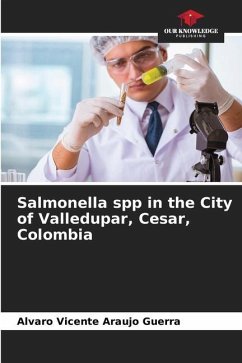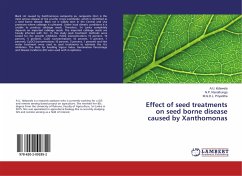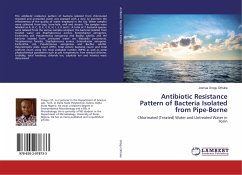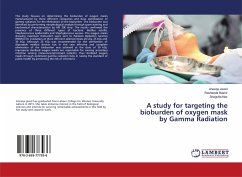
To Study the Effect of Microwave oven heating on Food Borne Pathogens
Versandkostenfrei!
Versandfertig in 6-10 Tagen
27,99 €
inkl. MwSt.

PAYBACK Punkte
14 °P sammeln!
This book is dealing with use of microwave and food borne pathogens. Worldwide microwave is used for heating food which is essential on daily basis. It doesn't only heat food but also helps to kill organisms at certain temperature. Organisms like E. coli, S. aureus, S. typhi, Klebsiella pneumonia and Bacillus species etc. From the study, it is concluded that though microwave radiations kill all the organisms when exposed to more than 60 sec, it also lowers the quality of food. Food must be exposed for less than 60 sec, this will not only reduce the count but also retain the nutritional quality...
This book is dealing with use of microwave and food borne pathogens. Worldwide microwave is used for heating food which is essential on daily basis. It doesn't only heat food but also helps to kill organisms at certain temperature. Organisms like E. coli, S. aureus, S. typhi, Klebsiella pneumonia and Bacillus species etc. From the study, it is concluded that though microwave radiations kill all the organisms when exposed to more than 60 sec, it also lowers the quality of food. Food must be exposed for less than 60 sec, this will not only reduce the count but also retain the nutritional quality of food. Microwaves are now-a-days used domestically for cooking food in houses as well as industries. Thus, this study was conducted to see the effect of radiation on the organisms present in the food. The main objective of this study was to observe the decrease in the organisms count after radiation. In this study, the various food samples were collected from different food stalls and were examined at different temperature.



